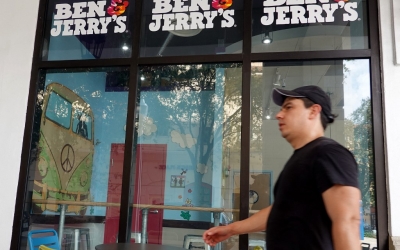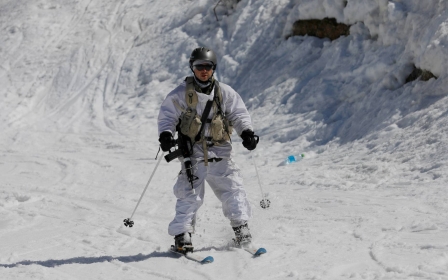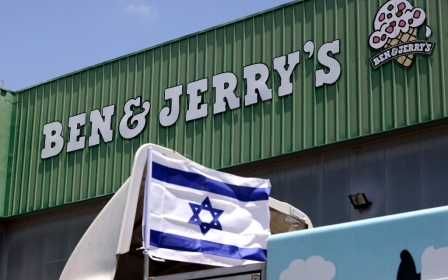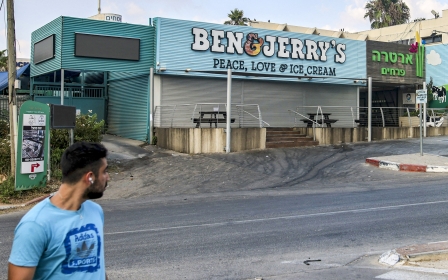US: Ben & Jerry's sued by Israeli ice cream distributor over settlement boycott
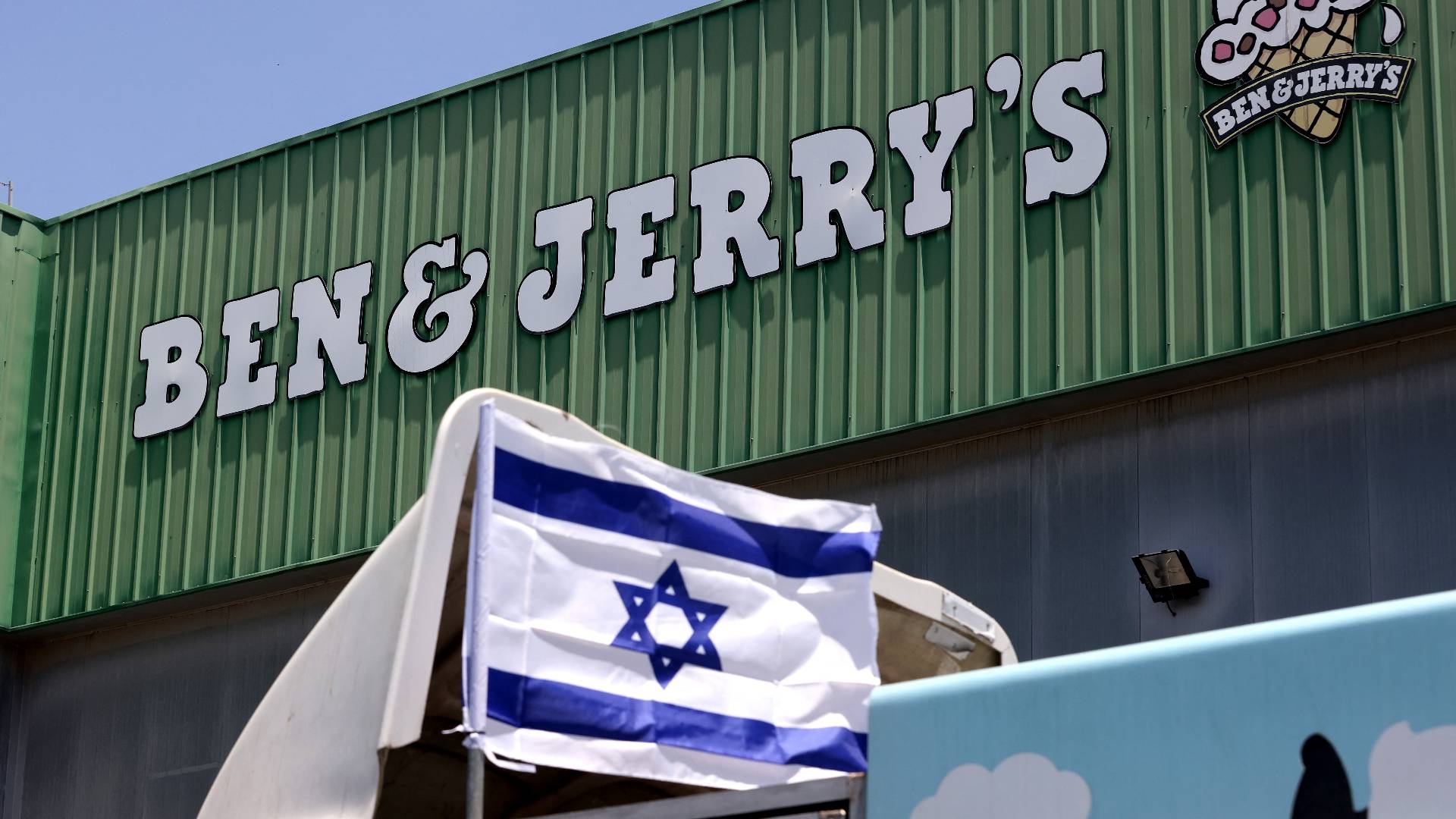
The Israeli manufacturer and distributor for Ben & Jerry's has filed a lawsuit against the American ice cream maker and its parent company Unilever for terminating their business relationship.
In a court filing in the US District Court for New Jersey on Thursday, the Israeli company American Quality Products (AQP) and its owner Avi Zinger argued that Ben & Jerry's decision to halt its operations in the occupied Palestinian territories violated both Israeli and US law because the move amounts to a full boycott of Israel.
Last year, Ben & Jerry's announced that it would no longer sell its products in Israeli settlements in the occupied Palestinian territories but would continue to operate in Israel.
Its Israeli distributor AQP refused to comply with the decision, claiming the move was illegal in Israel and the US, and Ben & Jerry's said it would not renew the Israeli licensee's agreement at the end of 2022.
"I refused Ben & Jerry's and Unilever's illegal demands, and as a result, they are threatening to close my business, affecting hundreds of Israeli and Palestinian workers and distributors," Zinger said in a statement.
The lawsuit alleges Unilever directed AQP to violate two Israeli laws, one being Israel's non-discrimination law which includes a ban on discrimination based on residence and place of origin, and another being an Israeli law prohibiting a boycott against Israel.
The lawsuit also claims that the company violated several US federal and state laws that block anti-Israel boycotts. Several of those state laws, however, have been ruled unconstitutional in courts.
Israel has occupied the West Bank since the 1967 war and exercises full administrative control across much of the territory, where more than two million Palestinians live.
Israeli settlements in both the West Bank and East Jerusalem breach the Fourth Geneva Convention, which outlaws the transfer of a civilian population into militarily occupied areas.
The UN has stated there are close to 700,000 Israeli settlers living in illegal settlements in East Jerusalem and the occupied West Bank.
Russia boycotts
Ben & Jerry's decision to stop doing business in Israeli settlements was met with partial praise from Palestinian and progressive activists, who called for action to be taken against doing business in Israel as well.
However, it was met with scorn from Israeli officials and pro-Israel groups, who launched a massive backlash campaign against the company, accusing it of antisemitism.
Ben & Jerry's has also faced a number of punitive measures in the US, with a number of states divesting hundreds of millions of dollars from its parent company Unilever.
The lawsuit against Ben & Jerry's comes days after US Congressman Lee Zeldin re-introduced a bill that aimed at combatting the Palestinian-led BDS movement and prohibiting the US from engaging in a boycott of Israel.
Pro-Palestinian and progressive activists noted that the push to punish the nonviolent BDS movement appears to be a double standard amid recent moves by companies and politicians in the US to boycott products from Russia over Moscow's invasion of Ukraine.
In recent days, governors Mike DeWine of Ohio, Spencer Cox of Utah and Chris Sununu of New Hampshire issued orders restricting the sale of some Russian vodkas; while US tech giant Microsoft announced it was halting all new sales of services and products in Russia.
A number of pro-Israel groups have also attacked Ben & Jerry's for ending its business in Israeli settlements but not announcing a boycott of Russia for its actions in Ukraine.
The ice cream maker, however, ended its business in Russia more than two decades ago, pulling out of the country in 1997.
Middle East Eye delivers independent and unrivalled coverage and analysis of the Middle East, North Africa and beyond. To learn more about republishing this content and the associated fees, please fill out this form. More about MEE can be found here.


